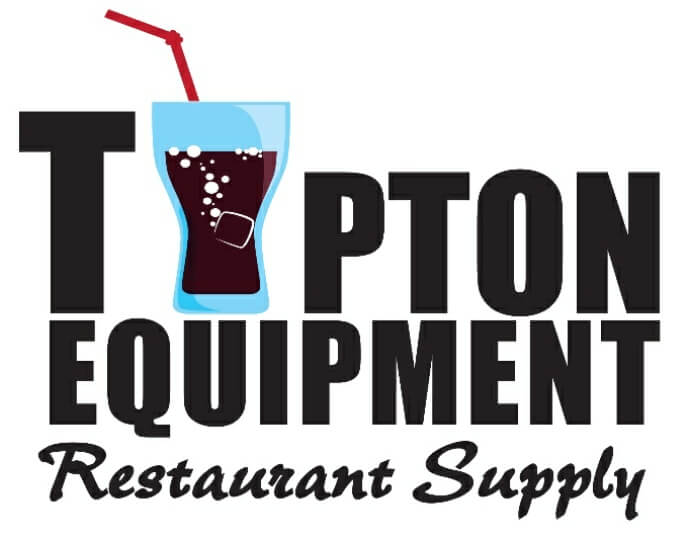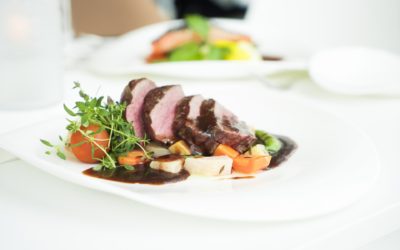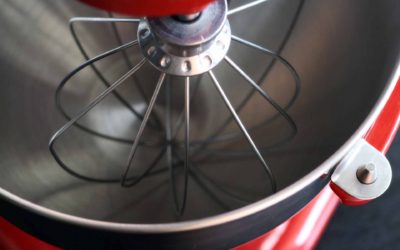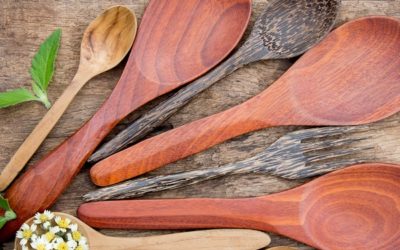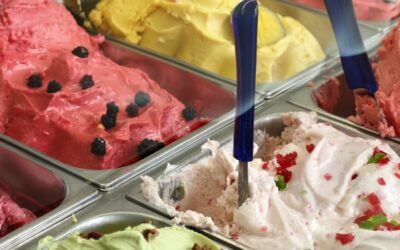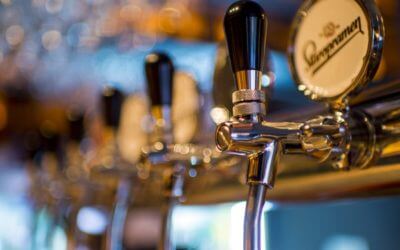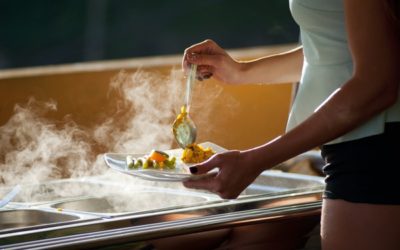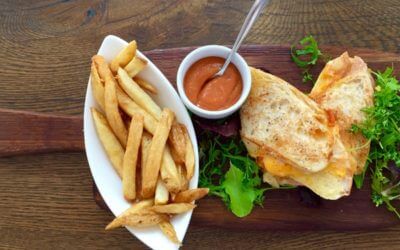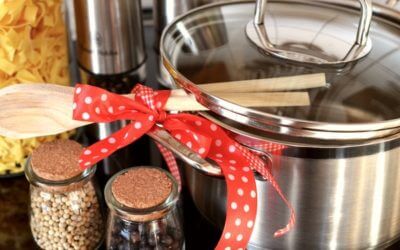Safety Tips for Your Commercial Kitchen
August 29, 2019Safety tips for your commercial kitchen to keep it running smoothly and keep disease out.
A well-run commercial kitchen means maintaining the utmost cleanliness and safe conditions for your food preparation. If you were to contaminate an area with Salmonella or other dangerous bacteria accidentally, your customers and employees could get very sick. You also need to know how to pass any checks done by the local health department, so your restaurant can operate with full certification.
Ask Yourself, Is My Commercial Kitchen Safe?
Preventing food preparation area accidents:
- Do my employees use a stool or footrest to avoid prolonged standing?
- Do I make stools and footrests available to my kitchen workers?
- Do we rearrange food prep tasks to avoid overreaching?
- Do we use mechanical kitchen appliances for chopping, dicing, or mixing foods to avoid repetitive stress injuries?
- Do we provide approved uniforms, hairnets, and gloves for our employees?
- Do our employees wear uniforms, hairnets, and gloves?
Preventing lifting accidents
- Have my workers been trained to lift with their legs not with their backs, whether it is a light or heavy load?
- Are workers trained to bring bulky items close to their chest so they can stay balanced and eliminate straining?
- Are employees trained to use tilt containers or get help when lifting or pulling fluids or bulky items?
- Are my employees empowered to point out safe and proper lifting techniques to fellow employees?
- Do supervisors take the lead by setting the right example?
Preventing slips, trips, and falls
- Is the kitchen staff trained to mop up spills and wet areas immediately?
- Is kitchen, supply areas, freezer floors, and walkways kept free of clutter?
- Is the proper ladder training provided?
- Do employees know how to use ladders correctly to avoid overreaching and overextending themselves?
- Are employees required to wear proper slip-resistant footwear?
- Is the kitchen floor swept and mopped each night?
Proper Handling
All produce needs to be washed and scrubbed thoroughly before being served. Washing can be done right before serving, as some veggies wilt if removed too far ahead of time. Never use soap or bleach on produce. Coldwater is best. A produce brush for harder items like turnips, carrots, or potatoes is recommended.
Conduct Self Inspections
A good commercial kitchen manager conducts regular self-inspections so that he can make sure to spot problems before they get out of hand. Preparation is especially the case since many kitchen inspections conducted by the authorities are conducted unannounced, making it extra essential to stay prepared.
5 Essential Buying Tips for Your Next Food Prep Work Table
The right foodservice equipment is pivotal to the efficiency of your kitchen. One of the most important types of foodservice equipment for any kitchen is the work table. With limited room on countertops available for your food prep needs, the cooking process can drag...
Tips for Keeping Your Commercial Sink Sparkling Clean
Your commercial kitchen, just like your personal kitchen, must be kept clean at all times. With all of the cooking and food processing you do, it is inevitable that your sink gets messy. Cleaning up your commercial kitchen is incomplete without proper cleaning of your...
Food-Cutting Secrets to Beautiful Dishes
In the restaurant industry, presentation is often said to be just as important as the food itself. Using the right knowledge, skills and restaurant supplies, you can incorporate creativity into your presentation, making guests feel that they are getting something...
Top Space-Saving Tips for Commercial Kitchens
Top Space-Saving Tips for Commercial Kitchens Space is always an important consideration when setting up a kitchen, and this is even truer for commercial kitchens. With a strong focus on functionality and the kitchen supplies that meet the needs of your commercial...
5 Ways to Get the Most Out of Your Mixer
No one wants to eat off of dirty or tarnished silverware. A stand mixer is a highly useful piece of kitchen equipment to invest in. Although this type of kitchen equipment does not usually come cheap, it can last a lifetime when properly cared for. Despite all your...
Restaurant Prep Tool Selection Simplified
What’s a restaurant kitchen without high-quality prep tools that can withstand the pressure of frequent use? Whether you already have a restaurant you’re running, or you’re just planning to launch one, one vital factor that could make or mar your business is how you...
Beginner’s Guide to Choosing a Commercial Ice Cream Freezer
Ice cream is a delicious and appealing desert treat for everyone, young or old. Having made the decision to sell ice cream to your customers, whether you have a restaurant, convenience store, or specialty ice cream parlor, it is time to begin stocking up on the right...
How to Choose the Right Kitchen Scales for Your Restaurant
A food scale is an essential item in every restaurant’s store of kitchen supplies. Designed to take the guesswork out of food measurement and maintain consistent food serving sizes, food scales are indispensable kitchen supplies in the commercial kitchen. With such a...
Beer Chilling Systems: Which Type Is Right for My Restaurant?
A refrigeration unit is integral to the functioning of any restaurant. Beers are best served cold - there’s no questioning that! But which beer chilling system is the best? From reach-in coolers to glycol chillers, a beer chilling system is an important piece of...
What Equipment Will I Need to run a Food Truck?
There’s a lot of planning that goes into starting your own food truck business. Before you hit the road with your delicious food offerings, you’ll need to fill up your truck with all the right foodservice equipment. Considering the lengthy list of possible items to be...
8 Types of Food Thermometers: What You Need To Know
Food thermometers are essential restaurant supplies for your commercial kitchen. They ensure that foods prepared in your commercial kitchen are cooked to the right temperature and held at that temperature for as long as necessary to kill any harmful bacteria. This...
How to Identify the Best Food Processor for Your Needs
Highly versatile and extremely efficient, food processors are designed to take away the hard work from repetitive kitchen activities. This type of cooking equipment can quickly become an invaluable tool in your kitchen. From chopping, to shredding, grinding, mincing,...
6 Keys to Choosing the Best Chafing Dishes for Your Restaurant
The chafing dish, also known as the chafer, is an essential piece of restaurant equipment for any establishment that wants to keep food hot. This type of restaurant equipment gets its name from the French word, chauffer, which means to heat, and it’s easy to see why....
Turning up the Dial on Commercial Fryers: How to Choose One for Your Restaurant
Fried food is a well-loved favorite. This is a fact. It also makes a fryer an important piece of equipment to have in your commercial kitchen. Just consider how many appetizers and sides require frying: onion rings, French fries, and fried green tomatoes are just a...
What’s in a Cooking Pot, How to Choose the Right One?
As a restaurant owner, your cooking needs might vary. Did you know that a good quality pot can greatly improve your cooking experience, while also improving the quality of your cooking? This cooking equipment is a very important one that cannot be done away with...
